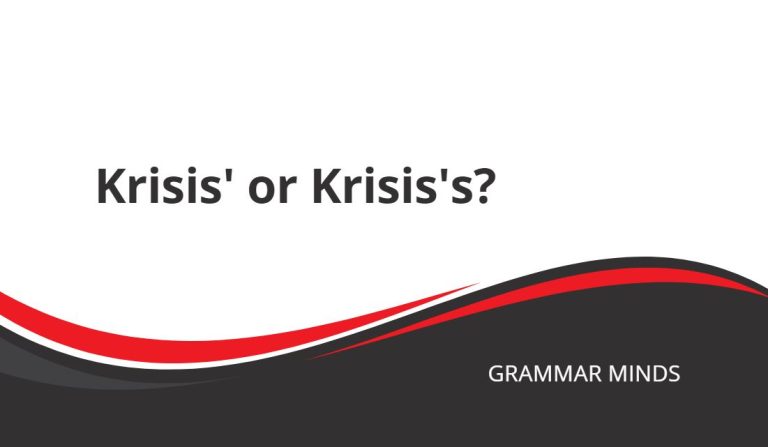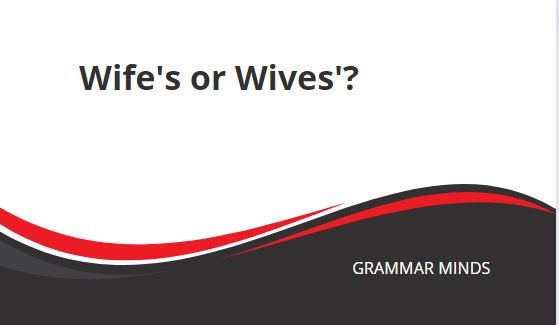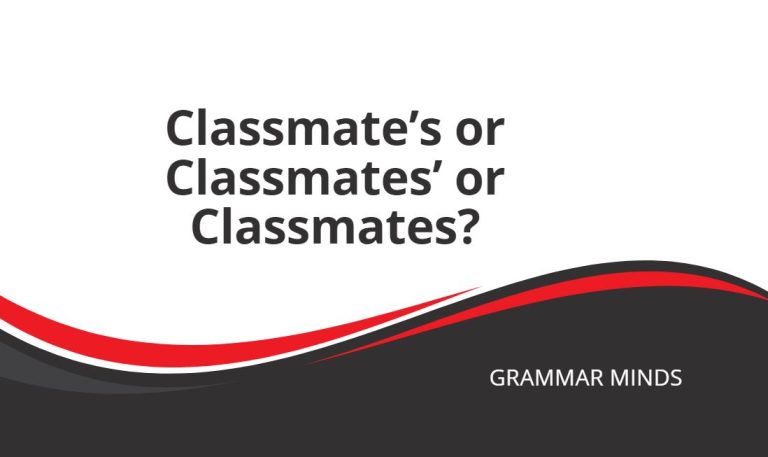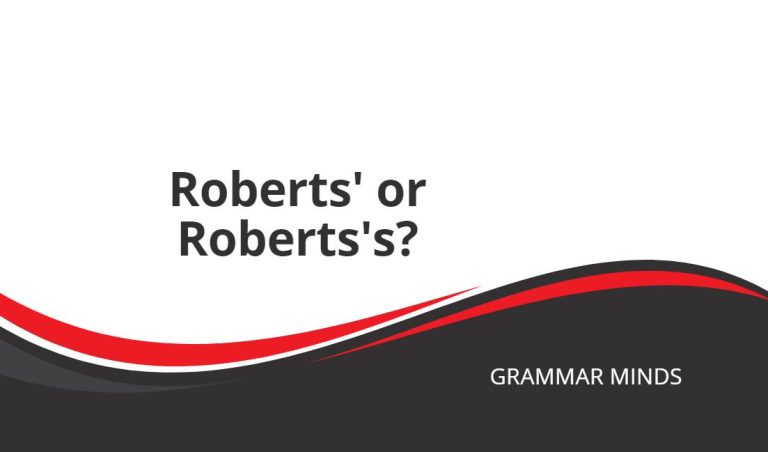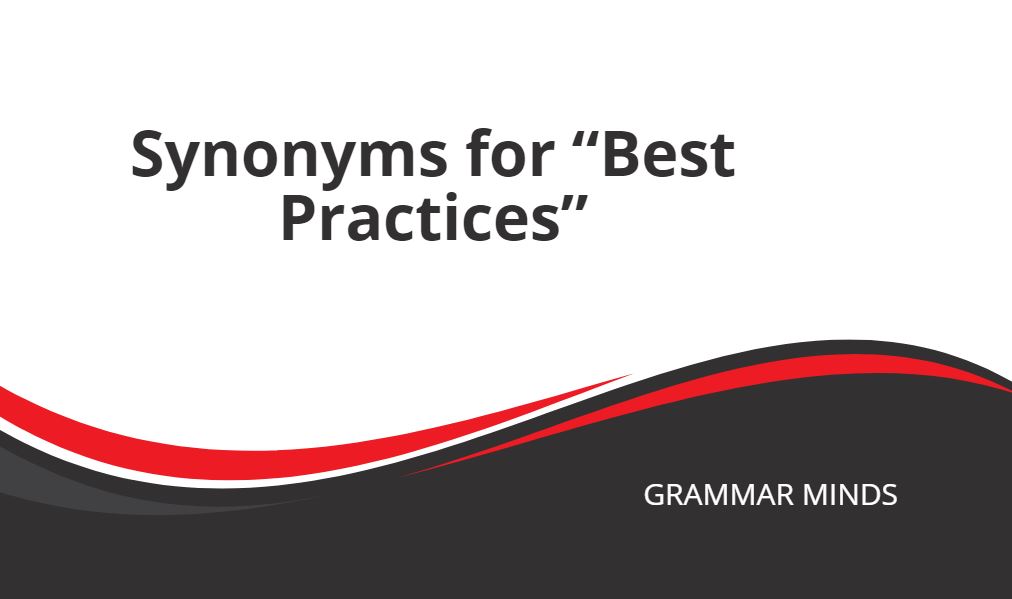
It’s great to follow “best practices” in any field. However, is “best practices” the best way to show that you are adhering to optimal standards?
This article has explored some synonyms for “best practices.” You can use them in different contexts based on what you need them for.
“Best Practices” Synonyms
- Proven methods
- Standard procedures
- Effective strategies
- Optimal techniques
- Established protocols
- Recommended approaches
- Reliable processes
- Benchmark standards
- Preferred methods
- Guiding principles
- Leading practices
KEY POINTS
- “Best practices” is a good way to show that you are following effective and reliable standards.
- “Proven methods” is a great professional alternative you can use in many situations.
- Try using “standard procedures” if you want a more formal alternative.
Keep reading to learn all about the best phrases and how to use them. We’ve explained more about using some of the synonyms in formal and informal situations.
You may also want to learn more about “best practices” as a phrase. The final section will show you whether it’s correct and how to use it appropriately.
Proven Methods (Formal)
“Proven methods” is a great formal synonym for “best practices.” It shows you are using techniques that have been tested and shown to be effective. It’s especially useful in professional or technical contexts.
You can use the phrase in reports or presentations when discussing the methods you follow. If you use proven methods, it implies you rely on techniques that guarantee success.
We certainly recommend using “proven methods” and “best practices” in similar contexts. They are both effective. However, “proven methods” might be better in some instances because it highlights the reliability of the methods used.
Here are some examples to show you how it works:
- We adhere to proven methods to ensure the highest quality of our products.
- By following proven methods, we have consistently achieved excellent results.
Standard Procedures (Informal)
“Standard procedures” is a more formal alternative that works well. You can use it to show that you are following the established and accepted methods in your field.
You may want to use it to explain your approach to colleagues or clients. If you have a good relationship with them, you could discuss how standard procedures help maintain consistency and quality.
Incidentally, “standard procedures” also works formally. However, it’s not as commonly used in everyday conversation. “Best practices” is still more straightforward, making it a slightly more appropriate choice when writing reports or guidelines.
The following examples should explain more about it:
- We follow standard procedures to ensure consistency in our work.
- Using standard procedures has helped us streamline our operations.
Is It Correct to Say “Best Practices”?
It is correct to say “best practices.” You can use it when you want to show that you are following the most effective and reliable standards.
It’s great to use a term like “best practices” in professional settings or when trying to demonstrate your adherence to high standards. It shows you are committed to maintaining excellence.
Also, don’t worry about it sounding clichéd either. It’s good to show that you value effective methods and let people know that you pride yourself on following best practices.
You should bookmark this page to remind yourself of the best synonyms for “best practices.” There are so many great choices available.


